About This Episode
On this episode of StarTalk Radio, Neil deGrasse Tyson investigates the science of pop fiction with comic co-host Chuck Nice and astrophysicist and StarTalk geek-in-chief Charles Liu, PhD. We’ve wrangled up all your fan-submitted questions on pop fiction, which Charles describes as any type of fiction you would watch or read while eating popcorn.
To start, we dive right into speed of light communication. If two parties are communicating light years away from each other, how would they be able to share the same sense of time during the conversation? You’ll learn how Star Trek’s “subspace” solved this problem. We discuss how the Doppler effect impacts our real-life space communications today.
You’ll find out which science fiction and superhero movies Neil and Charles appreciate given their level of, or purposeful disregard for, science accuracy. We take a hard look at the 1966 Batman movie and discuss the infamous “shark repellent”. You’ll also hear about Attack of the Killer Tomatoes!, Dr. Strange, and others. And, Neil gives us details on his cameos in The Last Sharknado: It’s About Time and Ice Age: Collision Course.
You’ll hear about stealth technology and ways it could be used. We ponder the science of invisibility when a fan asks if it’s possible to disguise a city like Wakanda disguises itself in Black Panther. Neil and Charles tell us what superpower they would want that’s enabled by gene-editing. Re-visit Franz Kafka’s iconic story “The Metamorphosis.”
We explore the use of artificial gravity and centrifugal force, like in 2001: A Space Odyssey, and if they’re plausible ideas for future long-term space travel. We also investigate if the quantum realm is real and if it shares any similarities to the way it was portrayed in Ant-Man. Lastly, Neil shares what his bat signal would look like. All that, plus, discover more about popcorn and why our trio thinks it’s one of the most extraordinary foods ever.
Thanks to this week’s Patrons for supporting us: Katie Gared, Adam Giacobbe, Sergio Rizzuto, Samir Cope, Jesus Rodriguez, and Ronald Warmerdam


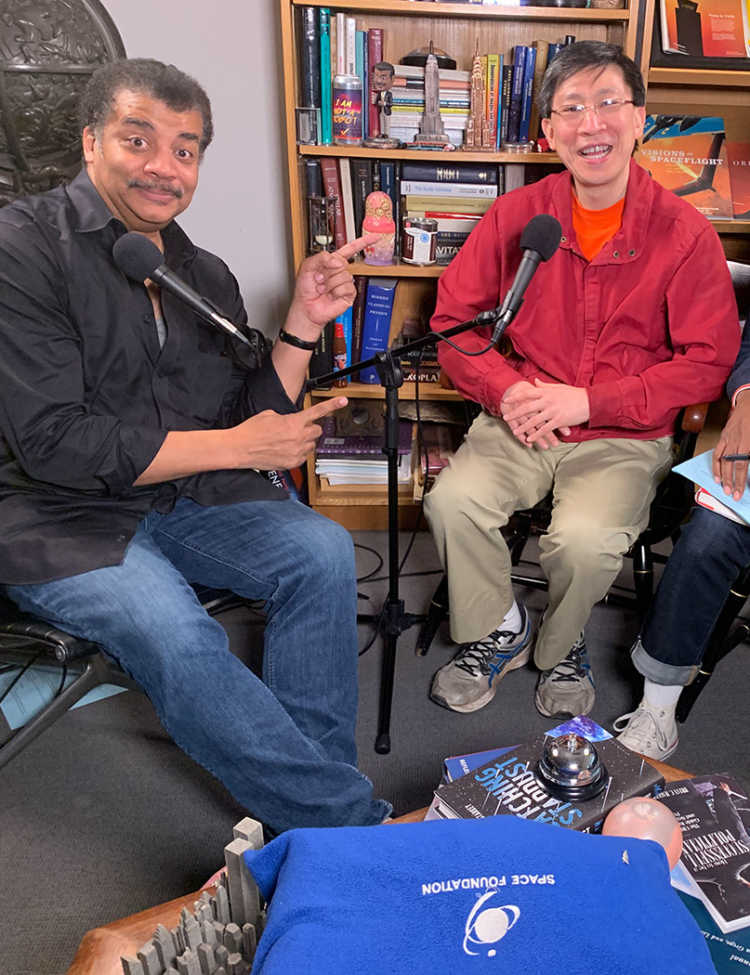
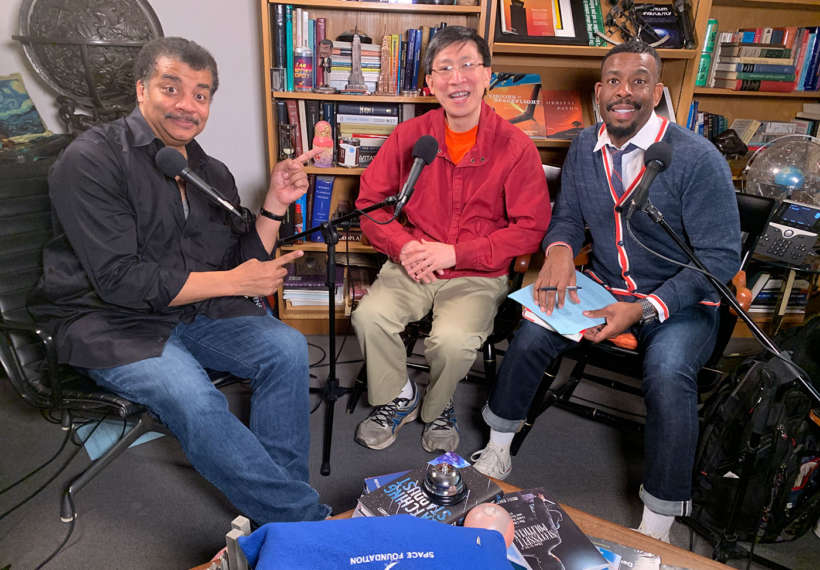
 Unlock with Patreon
Unlock with Patreon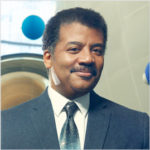
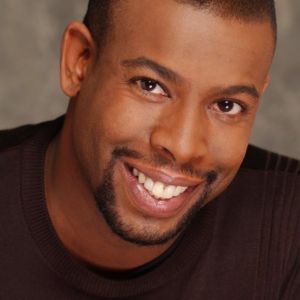
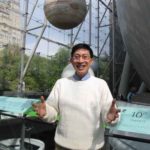
 Become a Patron
Become a Patron